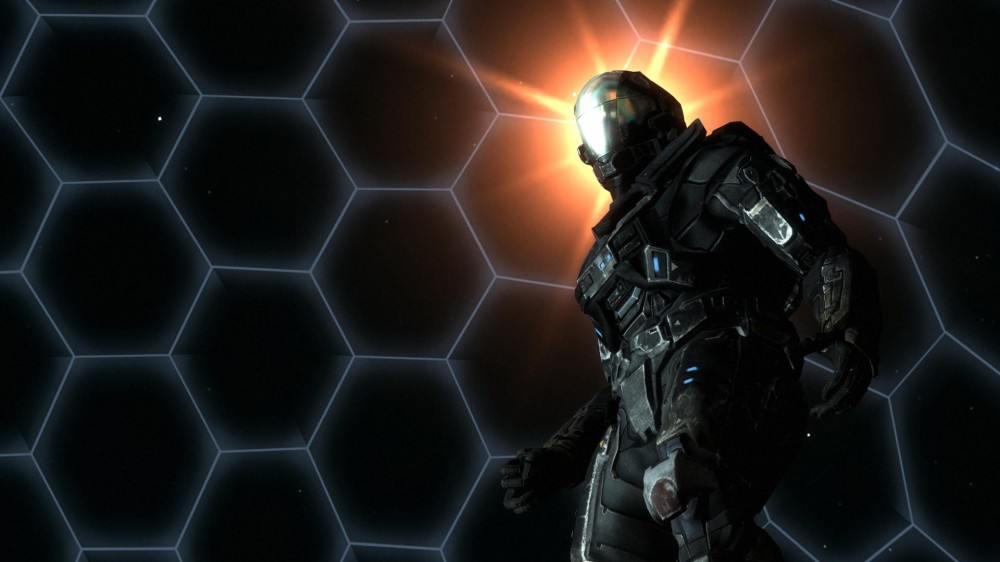


#Competitive halo reddit sensitivity registration#
When you pay the registration fee to an event, you're not just giving your money to an event organizer you give them leverage to negotiate a sponsorship deal. Metrics such as viewership and attendance numbers are used by organizations when pitching to potential sponsors. They increased their attendance with each event, going from 300 attendees, to 500, to 1000+, slowly gaining bigger numbers that they can literally present to sponsors and show the value of that event. Every event that succeeded is an event the players got to compete in, and that's more money coming in and more opportunities to compete. The Fighting Game Community (FGC) is notorious for that, and they grew over a dozen majors from scratch because the people were willing to show up and help it grow. You need people showing up to events so that event organizers will have the power to negotiate sponsorship deals with other companies in order to increase prize pools and secure better venues. This mentality is exactly how you grow a competitive scene, whether its Halo, Call of Duty, Counter-Strike, StarCraft, Dota, League of Legends, Fighting Games, Battle Royale, etc. It wont cover our budget for this event also, but that doesnt matter. As you know, at our first event, the entry fee did not even cover the cash prize we gave out, let alone the venue and operating cost. We need to show it to our sponsors, network tv, to us that we can consistently bring together large groups of gamers. However, if you like the AGP to continue running these events and guaranteeing the cash prize, we really need help from the Halo community. If you guys really liked the first event, the second will be much better. When it came time for the second event, they made it very clear to the Halo community what they needed to do to grow: They didn't have a lot of money and their first event made them lose money. One of the first Halo events were run by AGP. The history of Halo esports, from a different perspective The best thing we can do under the circumstances is look at and listen to multiple perspectives.Ĭompetitive Halo fans can tell their side of the story, but as someone who devoted a substantial amount of time and effort researching Halo tournaments for this website and wondered why there was an underwhelming amount of them despite its alleged popularity, I'd like to tell my side of the story and hopefully shed new light on competitive Halo's history. What may or may not have been discussed on the MLG forums can no longer be proven, and finding specific tweets is like finding a needle in a haystack which might not even exist anymore. Old-school Halo fans and players can try to "brain dump", but going off by memory and word-of-mouth is not that great for evidence. To this day, information on the history of Halo esports is in a very poor state, and outside of MLG or HCS-sanctioned events, much of it at this point in time would qualify as hearsay. Esportswikis died off, moved back to Esportspedia, then eventually to Gamepedia. It wasn't until 2014 when Esportspedia created their Halo esports wiki, long after Halo was removed from MLG. The MLG Wiki was a lackluster esports wiki at the time, which focused on – as the name implies – MLG players and tournaments, and the information that was present was basic at best. Much of the discussion on these games at the time took place on the MLG forums forums that are long gone and sparsely crawled by The Internet Archive. For me personally, competitive Halo's history was the most difficult out of all the esports to research because so little information on this competitive scene still exists. That means understanding Halo's history and what the community did wrong, as well as the history and problems of other competitive scenes. To understand what prevents Halo esports from growing, you have to understand how other esports grew. Despite the problems with Halo esports, Halo: Infinite will be another opportunity to grow.


 0 kommentar(er)
0 kommentar(er)
